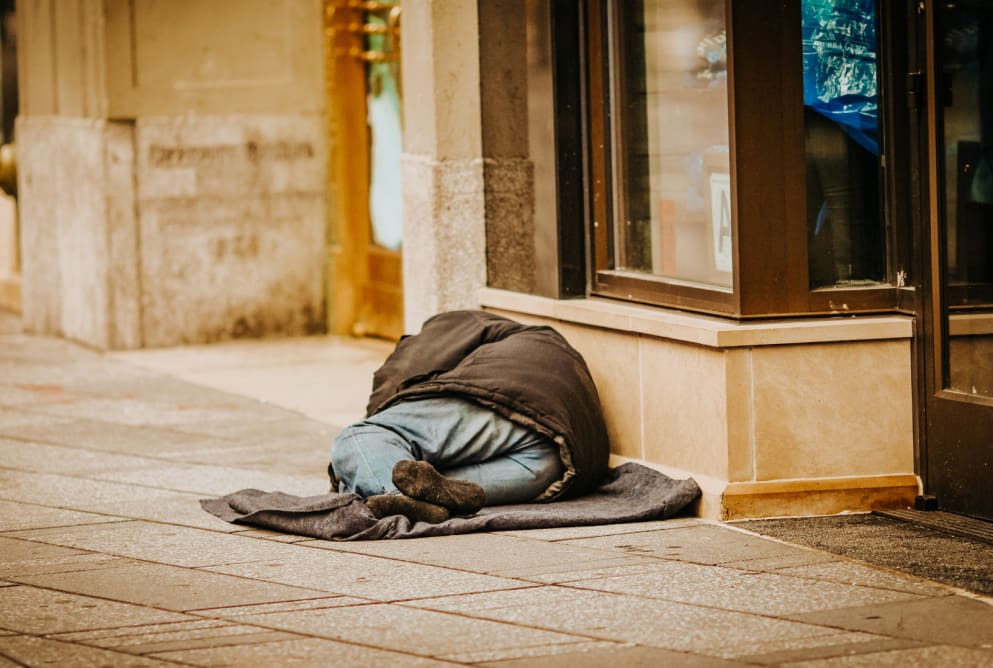It’s Mental Health Awareness Week. The Mental Health Foundation announced that this year’s theme will be centred around loneliness.
We know that loneliness is a big challenge for anyone facing homelessness, so we’re pleased that awareness is being raised around this issue and that efforts are being made to support those dealing with it.
Here we're exploring how loneliness affects those experiencing homelessness, and what Team Simon is doing to help.
Signs of chronic loneliness
We’ve probably all felt lonely at some point in our lives, but there's a big difference between being ‘alone’ and feeling ‘lonely’. Some people can feel intense loneliness even when surrounded by their favourite people, loneliness is emotional as well as physical.
Overwhelming isolation, low self-esteem and self-worth and physical and emotional exhaustion are feelings experienced by those dealing with loneliness. Others include:
- Feeling as though they can’t connect with people, or as if no one understands them.
- Having no close friends - they may have acquaintances, but no one they can truly confide in or trust to support them through hard times.
- Feeling unheard if they do reach out to people.
When you combine these issues with the challenges of homelessness, it’s easy to see how loneliness could have a drastic impact on a person's mental health and wellbeing.
Higher risk of mental health difficulties
When someone is facing homelessness, they’re already at a much higher risk of prolonged periods of loneliness and social isolation. Often, our clients have had a total breakdown in their support system, leaving them with nobody to turn to when things get tough.
Crisis found that only a quarter of people living on the streets had a friend they could call on in an emergency. The same report recorded that, strikingly, those facing homelessness are more than nine times likely to commit suicide.
Loneliness isn’t technically a mental health problem in itself, but it can definitely make symptoms of other mental health conditions worse. According to Mind, research suggests that prolonged feelings of loneliness can worsen feelings of depression, anxiety, low self-esteem and stress.
Loneliness and substance abuse
Often, problems with addiction come about because of a lack of, and desperate need for, human connection. Over a quarter of people experiencing homelessness have reported trouble with addiction - often exacerbated by extreme feelings of loneliness and disconnection from the world around them.
When so much of recovery is dependent on a strong support system, it’s easy to see how a lack of personal connections could make it even harder.
At Simon on the Streets, we prioritise supporting our clients emotionally as well as practically. We’ve never been about short term solutions - we work towards helping people break the cycle of homelessness in their own way. Everything we do is dictated by their wants, needs and circumstances.
We’ll be continuing this vital work through Mental Health Awareness Week and beyond. Can you help us?
See our events and fundraising ideas to get involved with Team Simon today.
